Сб с 10 до 16
2019 Best Practices for Operations of Ballast Water Management Systems Report/Отчет о передовых методах эксплуатации систем управления балластными водами за 2019 год
Издание на английском языке
On 26 April 2017 ABS hosted its 2nd Ballast Water Management Workshop in Houston, Texas where over twenty representatives from 13 shipping companies with experience on the installation and operation of Ballast Water Management Systems (BWMS) on their vessels were invited to participate and share their experiences with the challenges of the BWMS newbuilding and retrofit process.
Following the 2017 workshop, ABS hosted a 3rd BWM workshop in the fall of 2018 and early 2019. The scope of the workshops was extended to shipowners and operators globally. The workshops were held in New Orleans, Shanghai, Hong Kong, Singapore and Athens. More than 60 shipowners and Operators participated in the workshops and shared their experiences and lessons learned and provided valuable insights into the installation and operation of their BWMS.
The primary goal of the workshops was to identify and discuss operational and installation challenges for BWMS in greater detail with shipowners and operators located worldwide. During the workshops, participants studied the challenges posed by different treatment technologies, and the challenge of selecting a BWMS that is suitable for various ship types, sizes and operational and environmental conditions. Additional considerations including heavy weather ballasting, BWM testing during commissioning following installation of the BWMS, system design limitations (SDL), and manual operations were also discussed.
The workshops expanded the list of best practices and recommendations for critical path events and phases that contribute to a successful BWMS integration and operation. The critical aspects included installation considerations, crew training and competencies, BWMS commissioning surveys, BWMS operations and safety considerations, BWMS maintenance and repair, technical support, vendor sustainability, and contingency measures.
To help focus the discussion and drive the agenda, workshop participants with installed BWMS were asked to complete a comprehensive questionnaire that covered key aspects of selecting, installing and operating a BWMS. The survey helped gauge the industry’s progress toward compliance and identified best practices that supported successful BWMS installation and operation. It also provided insights on common challenges that shipowners and operators face when retrofitting BWMS, to better understand the complexity for different vessel types and operations.
This 2019 comprehensive best practices report consolidates input and feedback gathered from all the workshops and aims to capture key discussion topics, lessons learned, and insight shared by the workshop attendees on the installation and operation of BWM systems.
Another goal of the report is to provide an accurate picture of the marine industry as it progresses towards compliance for ballast water treatment (noting regulation B-3 as amended implementation dates beginning 8 September 2019).
Contents
Introduction
Highlights/key takeaways
2018 BWMS Operational experience survey results
2017 VS. 2018 BWMS Operational experience survey results
1 Installation considerations
2 Training
3 Commissioning
4 Operations
5 Maintenance & repair
6 Contingency measures
7 Additional considerations
BWM Regulatory updates (IMO and USCG)
Appendix A ...... BWMS Operational experience survey results – by technology types
2 Filtration + Chlorination via Chemical Addition (5.0%)
3 Filtration + Deoxygenation (0.2%)
4 Filtration + Full Flow (In-line) EC + Neutralization (17.8%)
5 Filtration + Side-stream EC + Neutralization (29.0%)
6 Filtration + UV Treatment (20.7%)
7 Full Flow (In-line) EC (7.5%)
8 Ozone Treatment + Neutralization (19.9%)
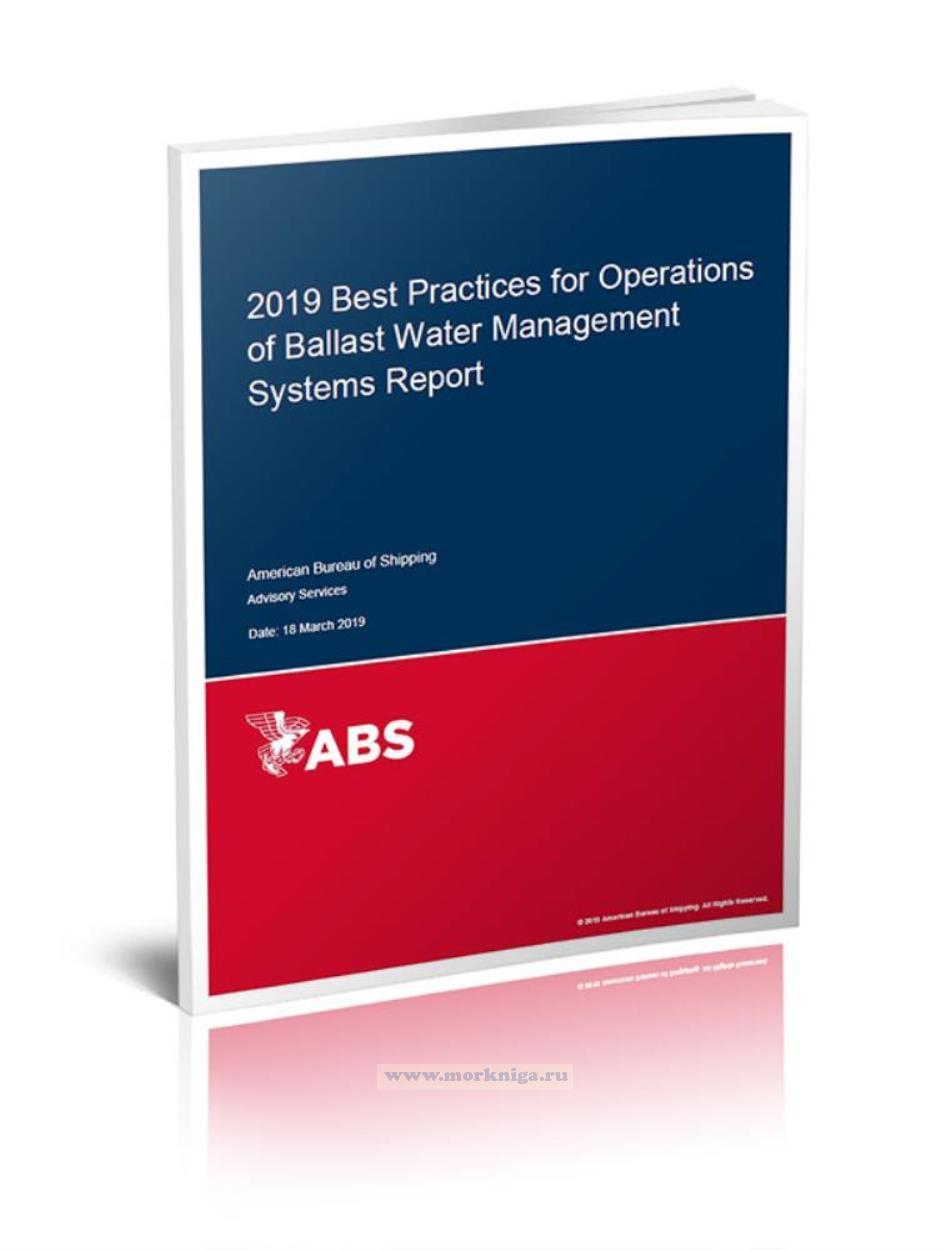
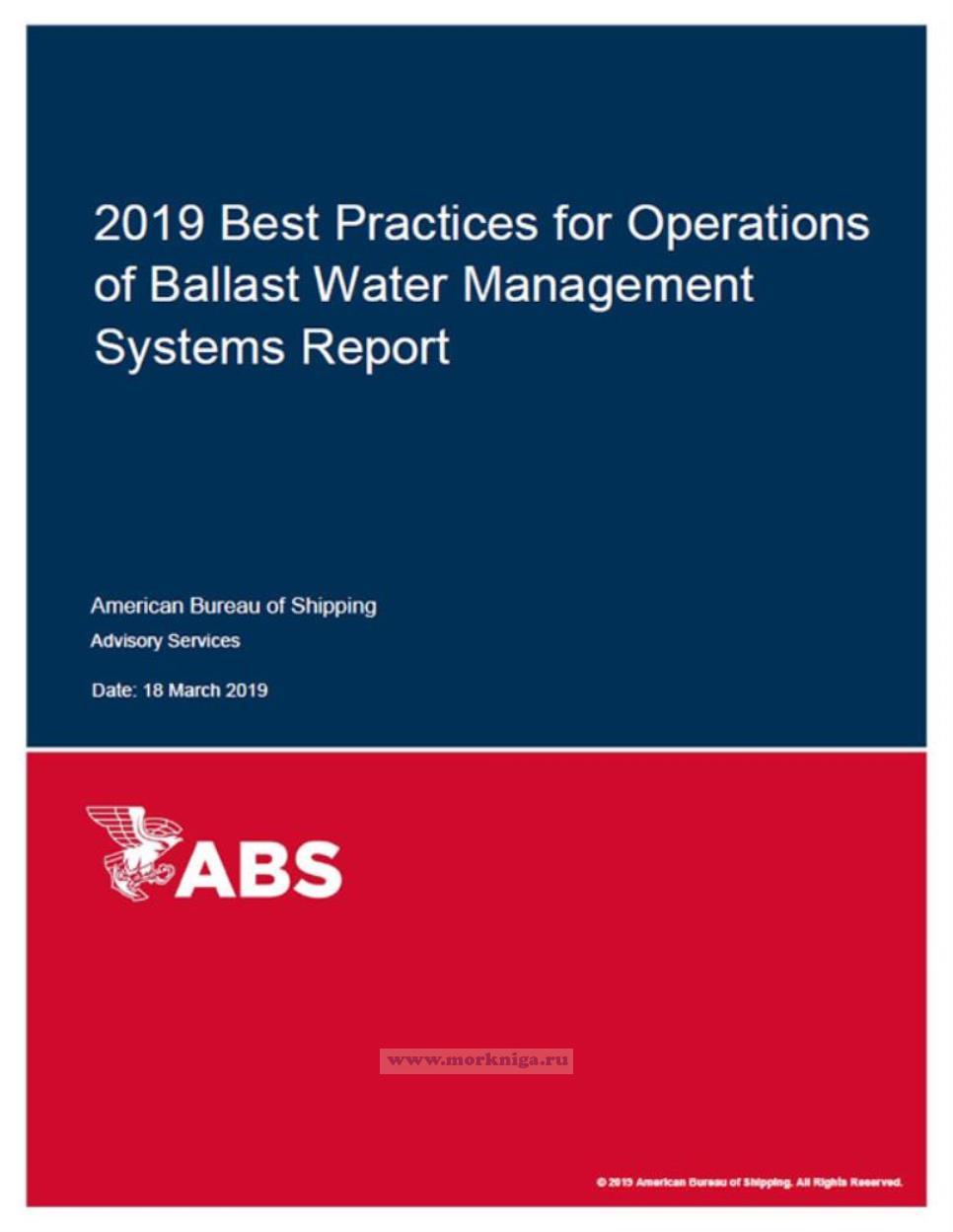
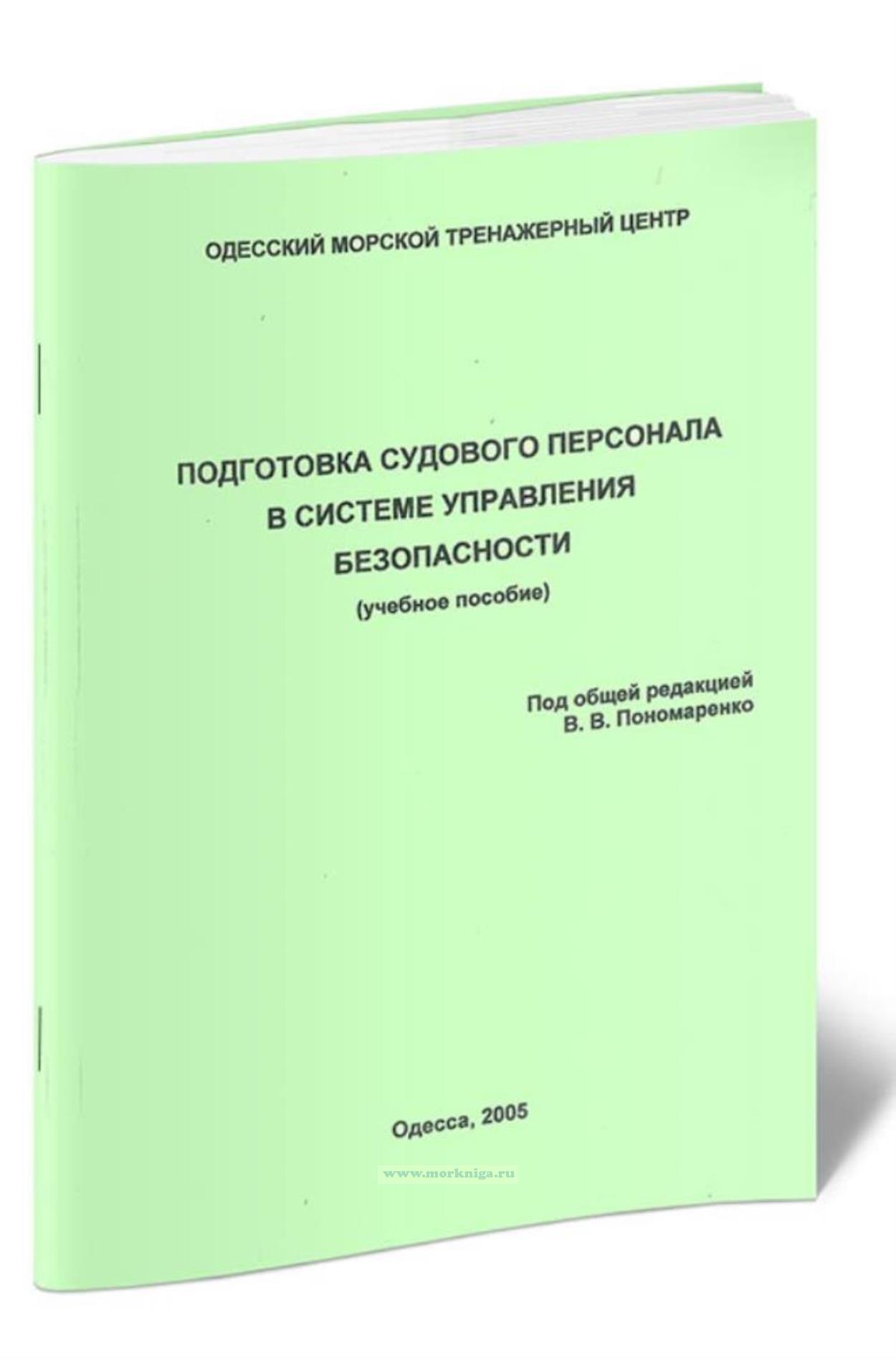 Подготовка судового персонала в системе управления безопасности
Подготовка судового персонала в системе управления безопасности 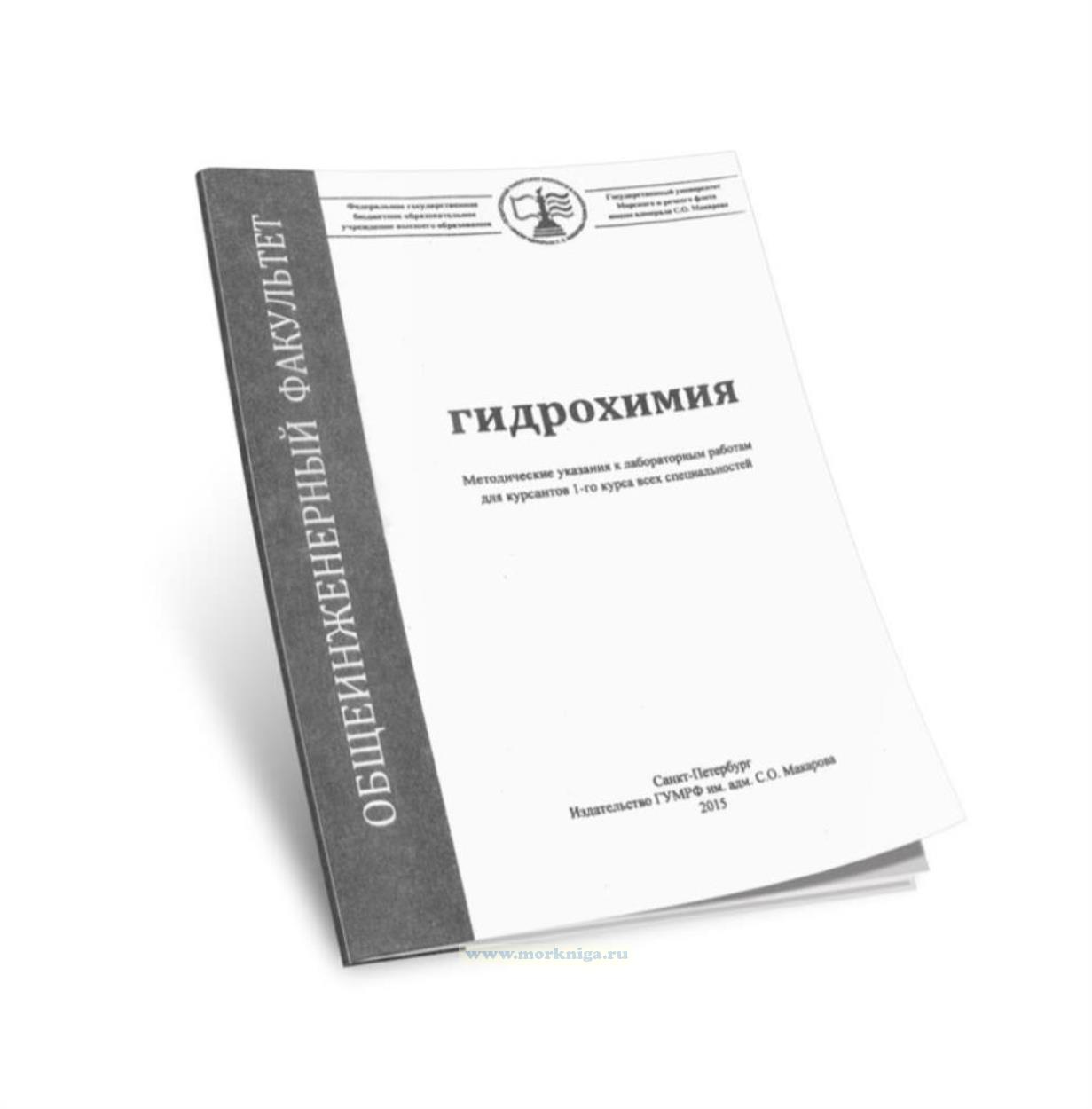 Гидрохимия: методические указания к лабораторным работам курсантов 1-го курса всех специальностей
Гидрохимия: методические указания к лабораторным работам курсантов 1-го курса всех специальностей 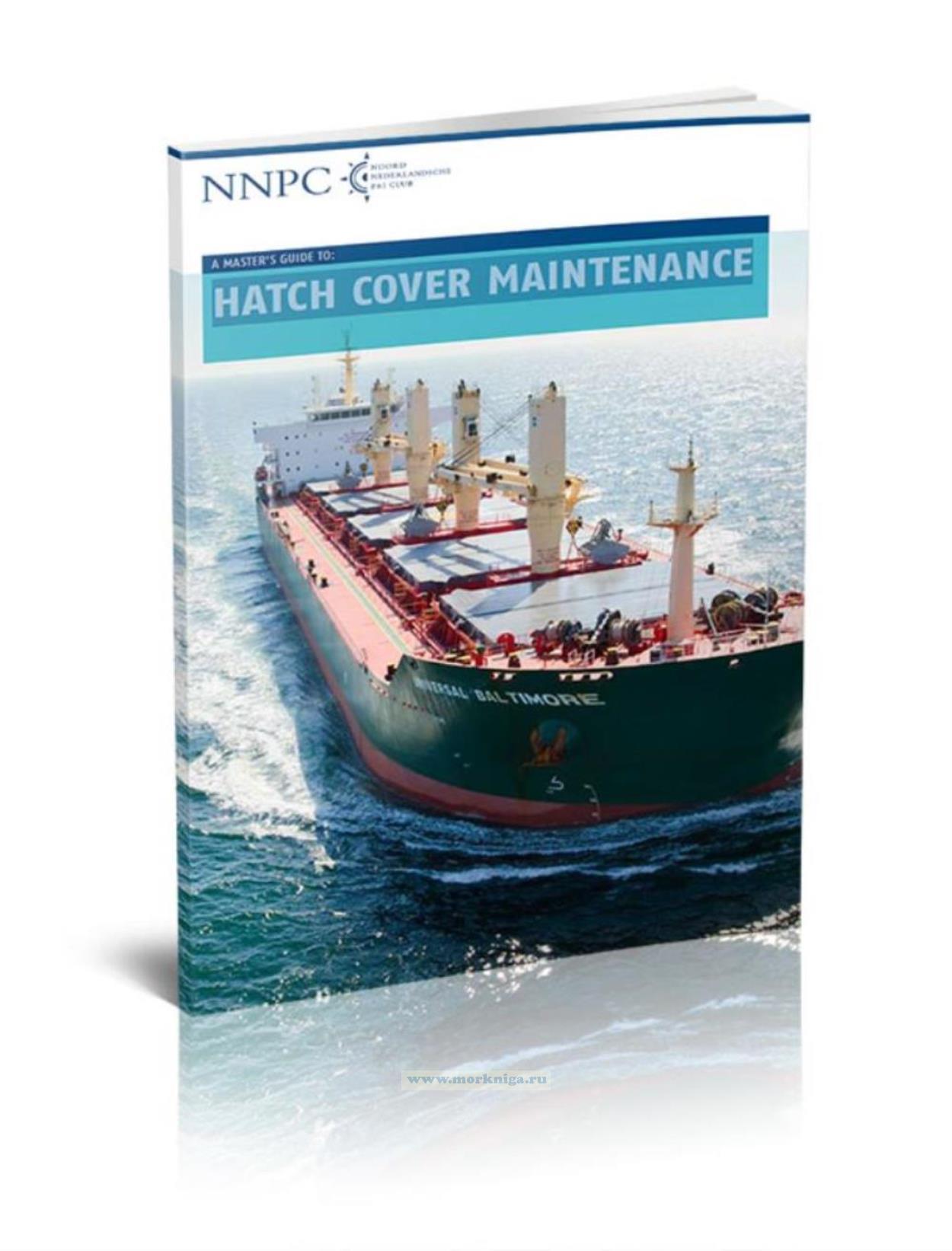 A master’s guide to: Hatch cover maintenance. Руководство капитана по техническому обслуживанию грузовых крышек люков
A master’s guide to: Hatch cover maintenance. Руководство капитана по техническому обслуживанию грузовых крышек люков